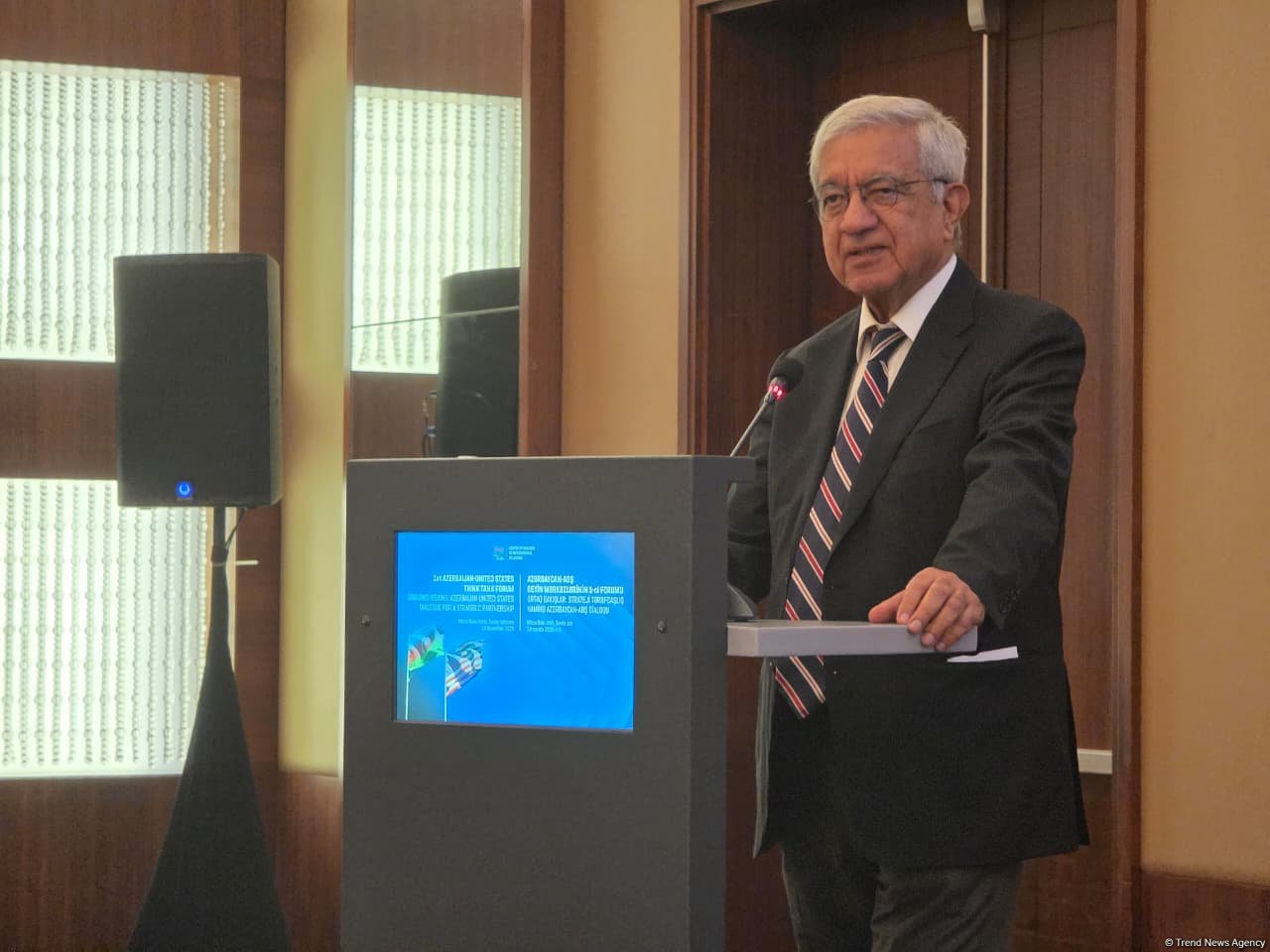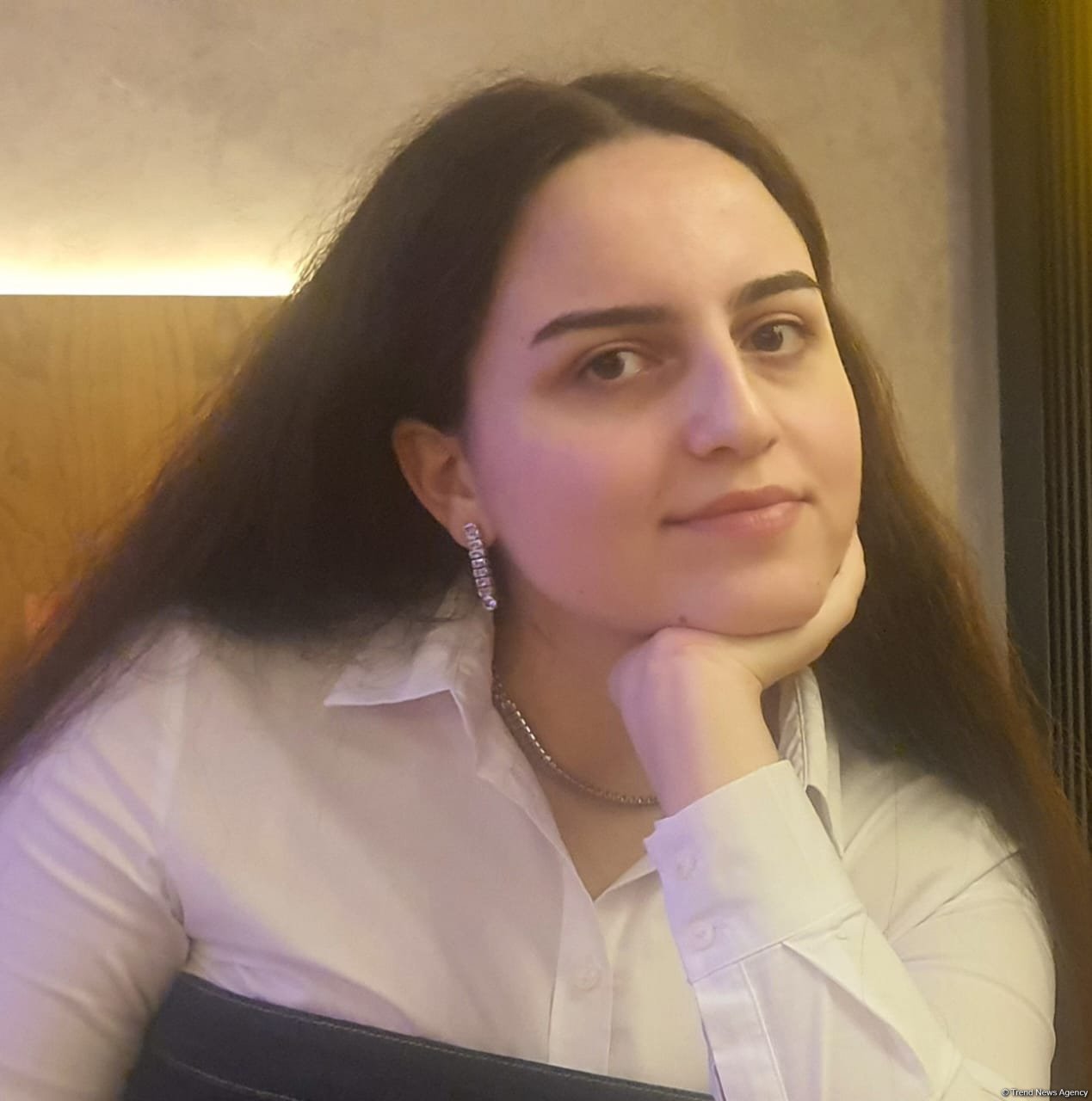BAKU, Azerbaijan, November 18. Experience in working with leading U.S. think tanks has become an important element in the development of the Azerbaijani diplomatic school and the growth of bilateral relations between Baku and Washington, Hafiz Pashayev, rector of ADA University and former Azerbaijani ambassador to the U.S., said at the 1st Azerbaijan-U.S. Think Tank Forum in Baku, Trend reports.
Pashayev noted that his early years as a diplomat in Washington had a decisive influence on his professional development. He emphasized that he considered the work of American think tanks located on K Street, such as the Center for Strategic and International Studies, to be a “real university” for him.
“For me, it was a real school of diplomacy. I tried to attend as many events as possible, because every day there were discussions at these institutions from which I could learn a lot,” he said.
The rector of ADA University also recalled that in the early 1990s, one of the key tasks of Azerbaijani diplomacy was to convey objective information about Azerbaijan to the American public. According to him, the work of the embassy and the creation of the U.S.-Azerbaijan Chamber of Commerce and Industry became an important part of this activity.
Hafiz Pashayev emphasized the role of American think tanks in training young Azerbaijani diplomats, noting that participation in their events helped to better understand the specifics of the U.S. and the peculiarities of decision-making in Washington.
Speaking about cooperation with Central Asia, Pashayev highlighted that the idea of active interaction among the countries of the region has been promoted for many years.
He recalled that as early as 1996, at the invitation of Professor Fred Starr, he spoke at an event dedicated to the establishment of the Central Asia Institute, proposing to include the Caucasus in its name - a proposal that was supported.
“Today, the C5+1 format, which brings together Central Asian states and Azerbaijan, demonstrates the relevance of these approaches and opens new opportunities for regional cooperation,” Pashayev added.







